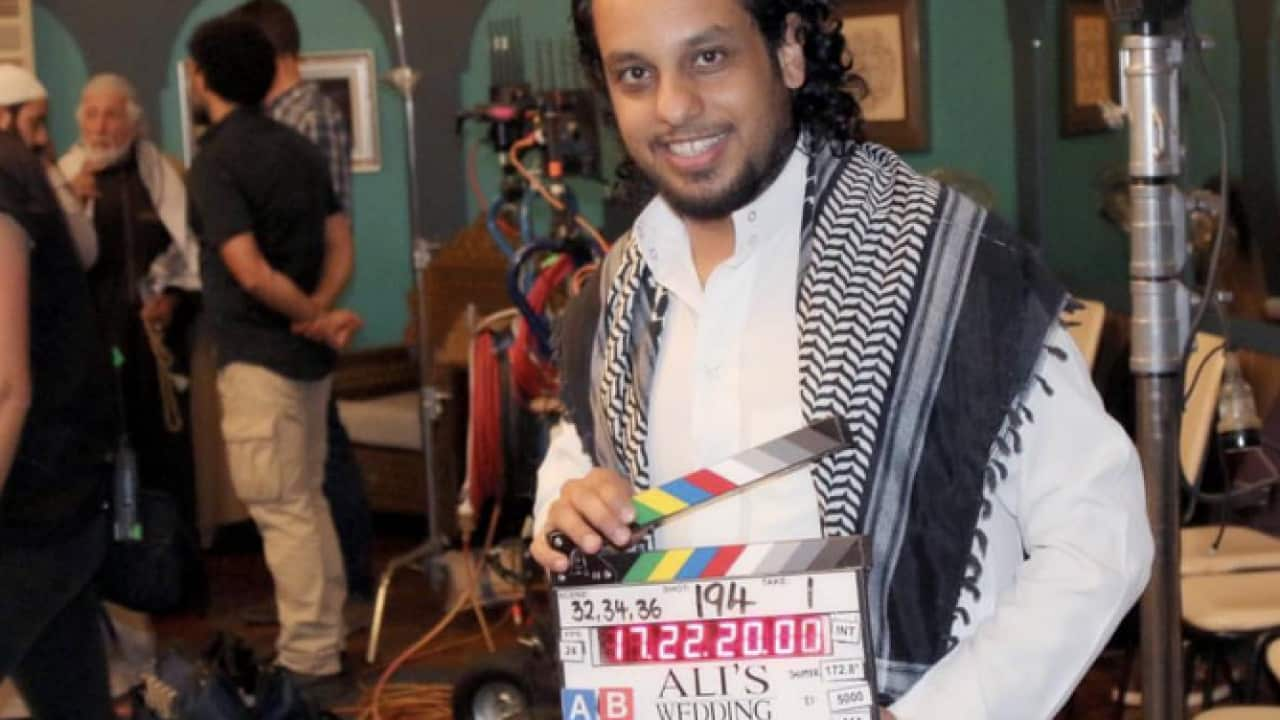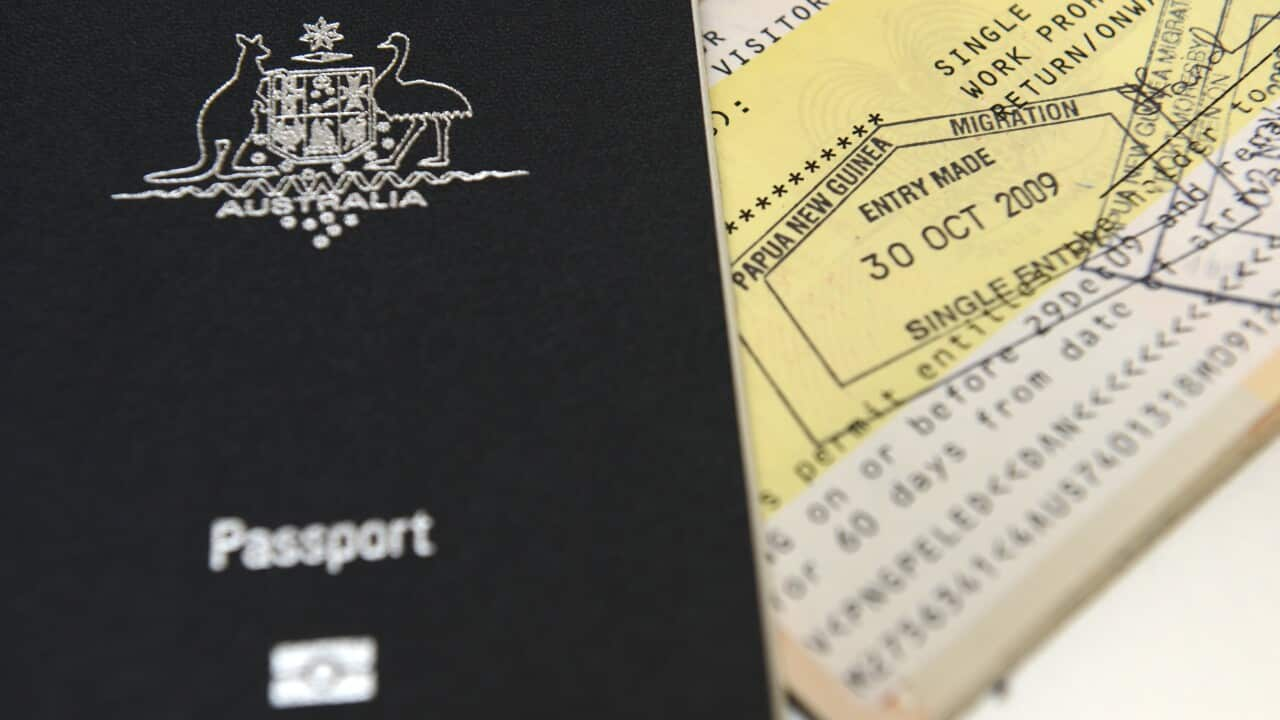Key Points
- Mohammed Alanezi arrived by boat to Australia in 2013.
- He spent 10 years living with uncertainty on a Temporary Protection Visa (TPV).
- He used film to try to change negative views of refugees held by some in the community.
Mohammed Alanezi said he couldn't sleep the night he heard the news of the federal government’s decision to grant permanent residency to those who had come to Australia by sea.
The meant that around 19,000 refugees who arrived in Australia before Operation Sovereign Borders started in 2013 would be eligible to transition to a permanent Resolution of Status (RoS) visa.
The move affected people like Mr Alanezi who held either Temporary Protection Visas (TPV) or Safe Haven Enterprise Visas (SHEV).
Mr Alanezi was granted permanent residency in May this year and can apply for Australian citizenship in a year's time.
He said the TPV had greatly restricted his abilities to work, pay living expenses and even to marry because of a lack of financial security.
He had used his time instead on artistic endeavours including a role in the 2017 Australian romantic comedy "Ali's Wedding" and a joint credit on a short film entitled "The Suffering of an Asylum Seeker".
Mr Alanezi said the short film, made with fellow refugee, Jamal Ali Al-Hallak, featured a butterfly trapped in a glass jar representing the feeling asylum seekers had when confined in detention centres.
At the time of the film’s release in 2015, he described being in detention as “We feel bored and lots of thoughts fill our minds like what’s coming, what’s next, where are we going next? Like the fate of a butterfly, it is unknown.”
He said participating in this film and other art exhibitions had been "an outlet to overcome the difficulties and psychological pressures (experienced) during the past 10 years."
Mr Alanezi arrived by sea in 2013, spending more than two months in the controversial Christmas Island Detention Centre.
Originally from Iraq, Mr Alanezi spent four months in Indonesia before the perilous journey to Australia by boat.
He said living day-to-day on a TPV had been difficult and the money he had received from CentreLink was "small".
"I had to manage my little budget on housing, food, clothing, and all other needs," he said.
(I was unable) to buy a car or even a mobile phone plan, or to rent a place to set up a photography studio because of the TPV restrictions.
"No one would have ventured to give me a loan, finance, or let a place because of my bridging visa."
He said one of the most difficult aspects of being a refugee in Australia had been the "negative view" and "stereotypes" held by some people which he said he had worked to change through film.
He said he had come across many people from the Iraqi community in Sydney who saw the arrivals by sea as "bad people". Other Australians, on the other hand, were very kind and supportive, he said.
He won the Fisher’s Ghost Art Award 2016 for a short film he made with Lidwig Haddad about refugee arrivals by sea entitled "Why are you filming? We will all be dead soon".
He said while he was pleased on a personal level about the prize, his greatest wish was that his creative work changed people's perceptions of refugees arriving by sea even if it was only slight.
Mr Alanezi holds a Bachelor's degree in Art of Acting from Basra University, Iraq, that he had completed in 2009.

Mr Alanezi (third from the left) with other "Ali's Wedding" cast members at the Sydney Film Festival.
The artist said he also dreamt of producing a feature film, opening a photography studio, and other personal projects.

